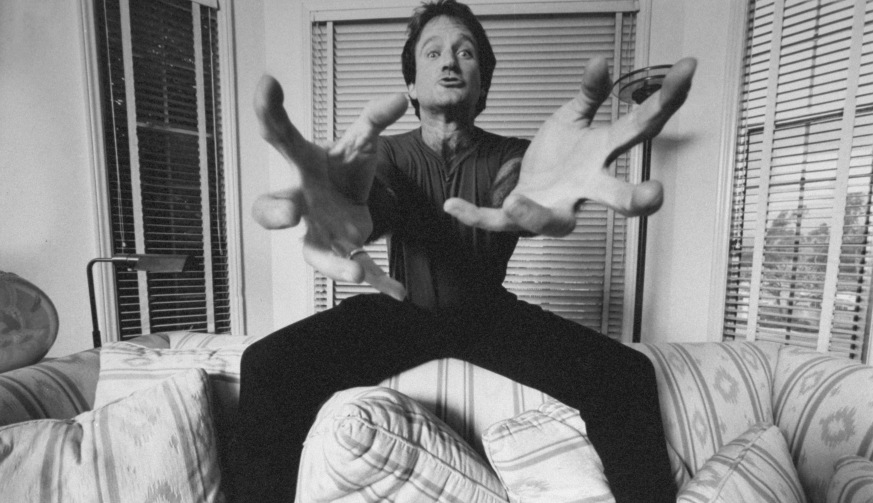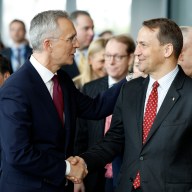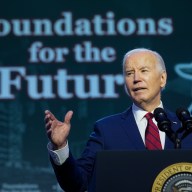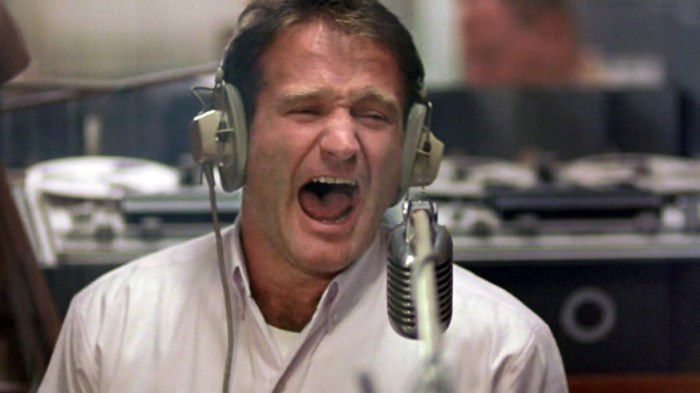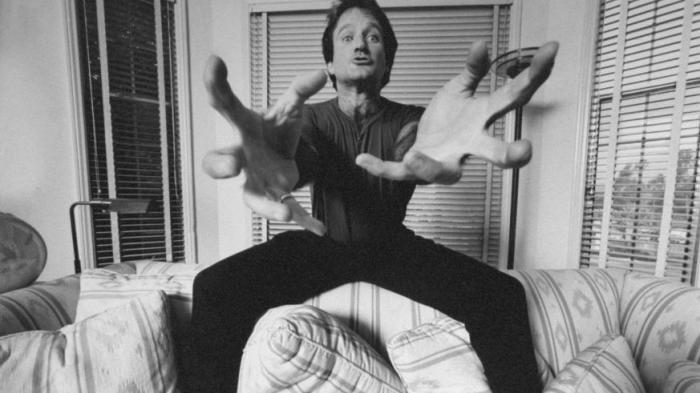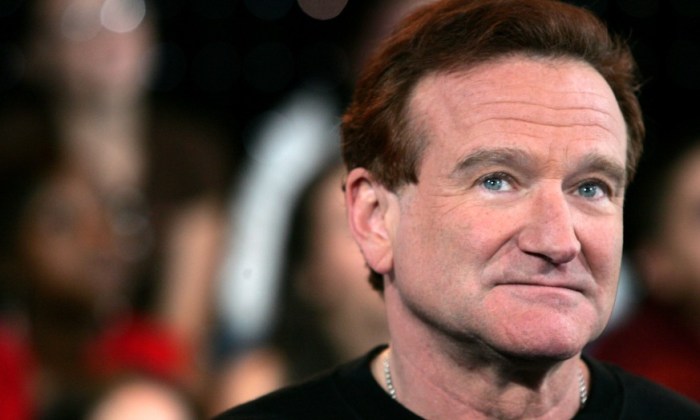The death of Robin Williams on August 11, 2014, sent a shockwave of sadness across the world.
Every fan of cinema and television had been impacted by Williams’ captivatingly kamikaze comedic routines, which sparkled with an energy and humor that immediately made people fall in love with him.
But it wasn’t just comedy where Williams excelled, as his dramatic work was just as stellar, too. Lest we forget, he won the 1997 Academy Award for Best Supporting Actor for his performance in “Good Will Hunting.”
All of which is a reminder that despite leaving the world way too soon, Williams left plenty for people to watch and appreciate.
The upcoming HBO documentary “Robin Williams: Come Inside My Mind” provides a probing and emotional look at the actor and comedian’s life and career, and I recently had the opportunity to talk to Williams’ long-term manager David Steinberg about just that.
As an executive producer, what did you want to achieve with “Robin Williams: Come Inside My Mind”?
I managed Robin for 40 something years. For the last 30 of those me and him would speak once or twice every day. We would travel together we would work on his comedic material together, we were very, very close personally as well as business wise. I thought that it was really up to me to complete the cycle of my relationship with Robin, and doing the definitive piece on his genius. I told HBO I wanted to explore where that genius came from, because I thought that would be interesting for generations to come. And they agreed. It was important to me that the focus wasn’t on the end of Robin’s life. But the very creative part of his existence and his contribution to, not just American humor, but international humor. It was a really good journey with Marina Zenovich and Alex Gibney, and I think it is a very accurate, honest portrayal of who he was.
When did you first start managing Robin?
He was being managed at the time by someone else at the time. I actually got in touch with that company, I had a PR company that had run its course. I wasn’t interested in that anymore. I had always gravitated to funny. But I contacted them about a very different client, Martin Mull. And we met, Larry Brezner, Buddy Moore and myself, they were doing the bulk of the work at the company. They had a need for someone like myself, who is very well versed around town with people. Because I had a slightly successful PR company. We all liked each other. We all spoke the same language. We all believed in the nurturing of talent, not in the shotgun approach of wanting everything. We all had similar tastes in what we thought was funny. That was when “Mork” was on. Robin and I just then kind of grew together. He would ask for my thoughts on things. I would give him my thoughts on things and observations on what he was talking about and saying. We really joined forces emotionally, and we started depending more and more on each other, even though he certainly didn’t need me. He took my opinions and thoughts, and we just became closer and closer and closer. I was the guy on the line as it evolved.
Talk about Robin’s transition from comedy to drama, how involved were you in that?
I know that we discussed the direction of his career. We had a policy of, when he was doing “Mork” we limited his television appearances. He wouldn’t really do any others, I think he did a “Tonight Show” every now and then. Let’s not forget that Robin was a trained actor at Julliard. He wanted to do more than just comedy films. Robin really enjoyed acting. He loved working. We were on the road, I always went on the road with him. After he had done a concert for 2 or 3 thousand people, me and him would end up at comedy shows all across the US, where he would do another hour or 2 for free. Because he just loved contacting people. A lot of his comedy was really about something. It was more inside people’s heads, where he created scenes and scenarios. Which I think came from when he was a kid and he would travel a lot. His parents were very well to do, they would travel a lot and they would leave him by himself, and they would bring him back toys and soldiers and he really studied the military. For someone who was against war, he certainly was a student of it. He knew all about it. He created all of these scenarios in his head, being his own playmate. That’s why he could create all of those voices, and shift on a dime, because he could create those conversations between soldiers and the upper brass. He created conversations in his head.
How did he evolve as a performer then?
Robin was a visitor from another planet. He was dropped in here, and people were privy to the conversations going on in his head. Because he had them out loud. People spend their time thinking what they want to say. Robin spent his time saying what he wanted to say. He was very unfiltered. But he really hated … let me say it this way. Robin had these gloriously twinkling blue eyes and never an ill thought towards anyone. Robin didn’t attack people, he attacked stupidity and greed and dishonesty. And what came into his head came out of his mouth, but along the way he managed to create and bring so much knowledge to it. I have never known anyone as well read as Robin on so many subjects. Never. He could talk about medicine, nuclear medicine, war, politics, injustice, he was as well versed as anyone I have ever known on a variety of topics. It was a remarkable journey that 40 something years I spent with him.
“Robin Williams: Come Inside My Mind” will air on HBO on Monday July 16 at 8pm.

